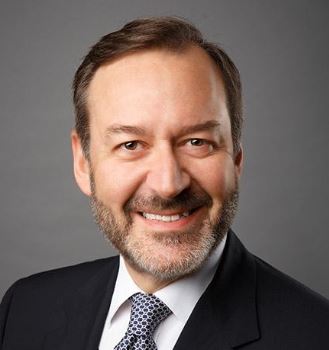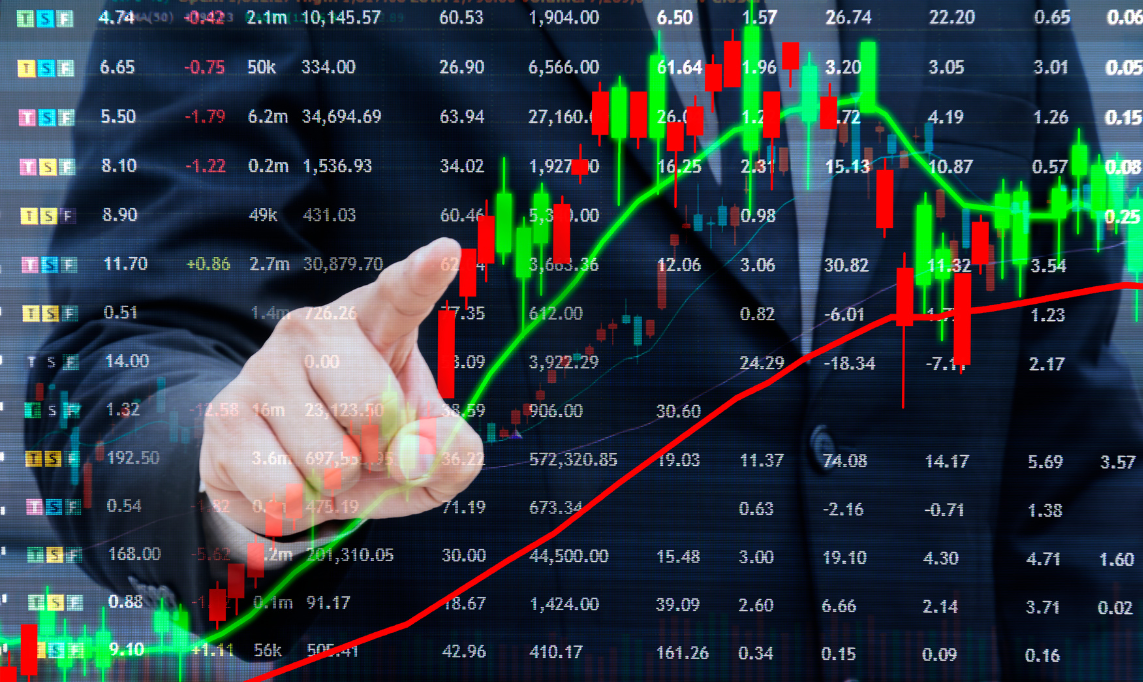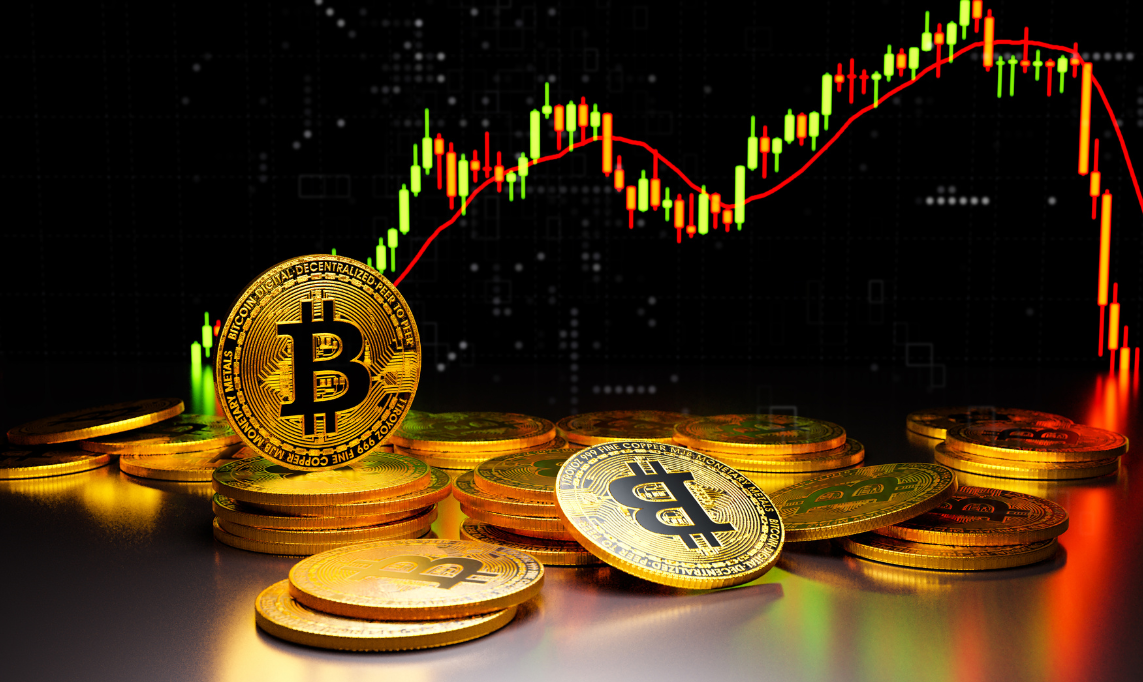So what to expect in the coming months? First, a premise: the upward push in prices is a phenomenon that began as early as last year with the end of the Covid -19 pandemic. In fact, the recovery of economic activities generated strong demand for goods and services, which was not adequately met by supply. And as is always the case in such situations, prices received an upward push.
Then the war broke out in Ukraine, resulting in a shortage of raw materials, not only the gas exported from Moscow but also agricultural commodities produced in Ukraine. Dante Roscini, professor at Harvard Business School, however, urges us to look at what is happening in Europe and the United States with different optics. "While the U.S. is now energy independent, Europe is still dependent on Russian gas," Roscini explains.
So, the scarcity of gas and the high price levels of this energy commodity are a boost for the carovita in the Old Continent. Therefore, as already announced, the ECB will have to give further tightening the cost of money, raising interest rates again to stop inflation, taking advantage of the fact that unemployment in Europe is at its lowest. Thus, there is room for maneuver so that a slowdown in the economy, resulting from the carotaxis, will not have too severe an effect from an employment perspective.
That being said, Roscini points out that the prospect of a recession in Europe in 2023 is therefore to be considered likely, although monetary policy authorities will obviously have to weigh all the costs and benefits in the balance, primarily the risk of a fragmentation of the euro area, as has happened in times of crisis in the past.
 Dante Roscini, Professor at Harvard Business School
Dante Roscini, Professor at Harvard Business School



